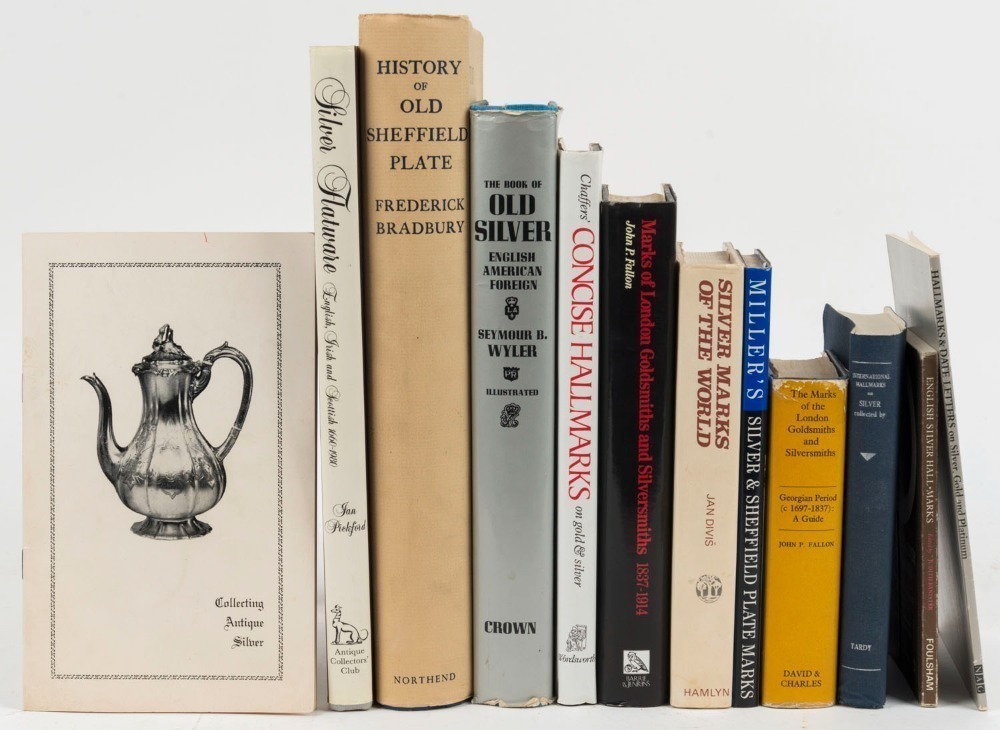The Art and Passion of Book Collecting: Treasures Through Time
In a world driven by digital media and e-books, the allure of physical books remains unwavering. For many, the act of collecting books is more than a hobby—it's a passion, an art, and a journey through literary history. Book collecting is a captivating pursuit that transcends time, connecting individuals with stories, knowledge, and the enchantment of the printed word. In this article, we delve into the world of book collecting—its origins, motivations, techniques, and the unspoken magic that binds collectors to their cherished volumes.
1. The Origins of Book Collecting
The origins of book collecting can be traced back to ancient civilizations, where collections of scrolls, manuscripts, and codices were considered symbols of wealth and knowledge. The ancient Library of Alexandria, known for housing an extensive collection of scrolls, is a testament to the historical significance of amassing written treasures. Over the centuries, book collecting evolved from a pursuit of elite scholars to a passion embraced by individuals from all walks of life.
2. The Motivation Behind Collecting
The motivations behind book collecting are as diverse as the collections themselves. Some collectors seek first editions or rare manuscripts, driven by a desire to possess literary artifacts that hold historical and cultural value. Others are drawn to specific genres, authors, or themes that resonate with their personal interests. For many, book collecting is an intimate exploration of the human experience—a way to connect with the thoughts, emotions, and creativity of generations past.
3. The Art of Curating a Collection
Book collecting is an art that involves meticulous curation, research, and dedication. Collectors often spend years scouring bookshops, auctions, and online platforms in pursuit of their coveted volumes. The process of identifying valuable editions, assessing conditions, and understanding the nuances of book production is a journey that requires a keen eye and an appreciation for the intricacies of the printed word.
4. The Joy of Discovery
The thrill of book collecting lies in the joy of discovery. Finding a long-sought-after edition nestled among stacks of books in a dusty corner of a secondhand bookstore can evoke a sense of triumph and excitement. Collectors may stumble upon unexpected treasures, stumble upon forgotten classics, or acquire books with inscriptions that offer glimpses into their previous owners' lives. Each discovery adds a new layer of depth and meaning to a collection.
5. Building Bridges to the Past
Book collecting is akin to building bridges that span time and space. A collection of books serves as a portal to different eras, cultures, and perspectives. Ancient manuscripts, 19th-century novels, and contemporary works all contribute to a rich tapestry of human expression. Through these books, collectors forge connections with authors who have long departed and gain insights into the thoughts and sentiments of bygone generations.
6. Preservation of Literary Heritage
Book collectors play a vital role in preserving literary heritage. By safeguarding rare and valuable editions, they ensure that important works continue to inspire and educate future generations. Collectors often take great care to maintain the condition of their books, employing archival methods to protect them from deterioration. In doing so, they contribute to the ongoing legacy of the written word.
7. The Collector's Connection
The world of book collecting is a community of passionate individuals who share a common love for books. Collectors often connect through book fairs, forums, and events, where they exchange insights, recommendations, and stories of their most treasured acquisitions. These connections foster a sense of camaraderie and provide opportunities for collaboration and shared appreciation.
8. Digital Age and Book Collecting
In an era dominated by digital technology, the act of collecting physical books takes on new significance. While e-books offer convenience and accessibility, the tactile experience of holding a book, flipping through its pages, and inhaling the scent of ink and paper is irreplaceable. Book collectors find solace in the tangible nature of their collections, celebrating the beauty of the physical object as much as the stories it contains.
9. The Investment in Knowledge
Book collecting is an investment in knowledge, culture, and history. Collectors invest time, effort, and resources in acquiring books that reflect their passions and interests. This investment yields intellectual rewards—a deepened understanding of literary works, authors, and the contexts in which they were created.
10. A Legacy of Love
Ultimately, book collecting is a legacy of love—a testament to the enduring power of literature to captivate hearts and minds. Collectors pass down their cherished volumes to future generations, fostering a love for books that transcends time. In this way, the art of book collecting becomes a legacy that weaves together the stories of collectors, authors, and readers in an intricate tapestry of shared appreciation.
Conclusion
Book collecting is a journey of discovery, a celebration of heritage, and a connection to the human experience across ages. Through curated collections, collectors breathe life into the printed word, preserving the stories, ideas, and wisdom that have shaped civilizations. As technology continues to evolve, the act of collecting books reminds us that the essence of literature lies not only in its words but also in the physical artifacts that carry the stories of generations. Book collectors are the custodians of these treasures, guardians of history, and advocates for the enduring power of the written word.








